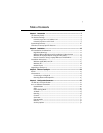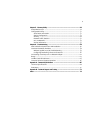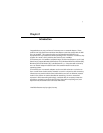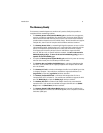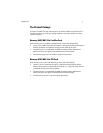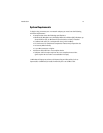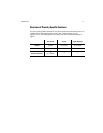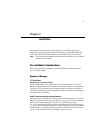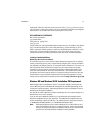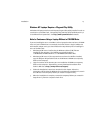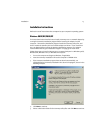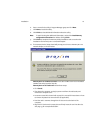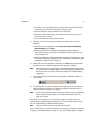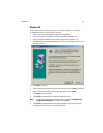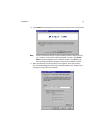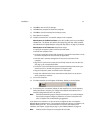Installation 13
High power radars are allocated as primary users of the 5.25 to 5.35 GHz and 5.65 to
5.85 GHz band. These radar stations can cause interference with and/or damage the
Harmony 802.11a CardBus Card and/or Harmony 802.11a PCI Card.
DECLARATION OF CONFORMITY
We, Proxim Corporation,
935 Stewart Drive
Sunnyvale, CA 94085 USA
408-731-2700
declare under our sole responsibility that the Harmony 802.11a CardBus Card, Model
8450, and the Harmony 802.11a PCI Card, Model 8150, comply with Part 15 of FCC
Rules. Operation of either product is subject to the following two conditions: (1) this
device may not cause harmful interference, and (2) this device must accept any
interference received, including interference that may cause undesired operation.
Industry Canada Guidelines
Model 8150 802.11a PCI Card Users:
The Harmony 8150 802.11a PCI Card has been designed to operate with an antenna
having a maximum gain of 3 dBi. Antenna having a higher gain is strictly prohibited
per regulations of Industry Canada. The required antenna impedance is 50 ohms. To
reduce potential radio interference to other users, the antenna type and its gain
should be so chosen that the equivalent isotropically radiated power (EIRP) is not
more than that required for successful communication. The installer of this radio
equipment must ensure that the antenna is located or pointed such that it does not
emit RF field in excess of Health Canada limits for the general population; consult
Safety Code 6, obtainable from Health Canada’s website http://www.hc-sc.gc.ca/rpb.
Windows ME and Windows 98 SE Installation CD Requirement
Before beginning the installation of an 802.11a network adapter, confirm that you
have a Windows 98 SE or Windows ME installation CD available (depending on the
computer’s operating system). Windows 98/ME users may be prompted to insert a
Windows CD during the installation.
You should not need a Windows CD when installing an 802.11a network adapter in a
Windows XP, 2000, or NT computer.
If you do not have a Windows 98/ME CD, it is possible that you already have the
Windows installation files on your hard disk. These Windows installation files are
known as Windows Cabinet or CAB files. The Cabinet files are commonly located in
C:\WINDOWS\OPTIONS\INSTALL\
or
C:\WINDOWS\OPTIONS\CABS\
.
Note: Windows 98/ME users may need the Windows CD or Cabinet files to com-
plete the installation of an 802.11a network adapter. Proxim recommends
that you do not proceed with the installation until you have confirmed that
you have one of these Windows installation media available.



